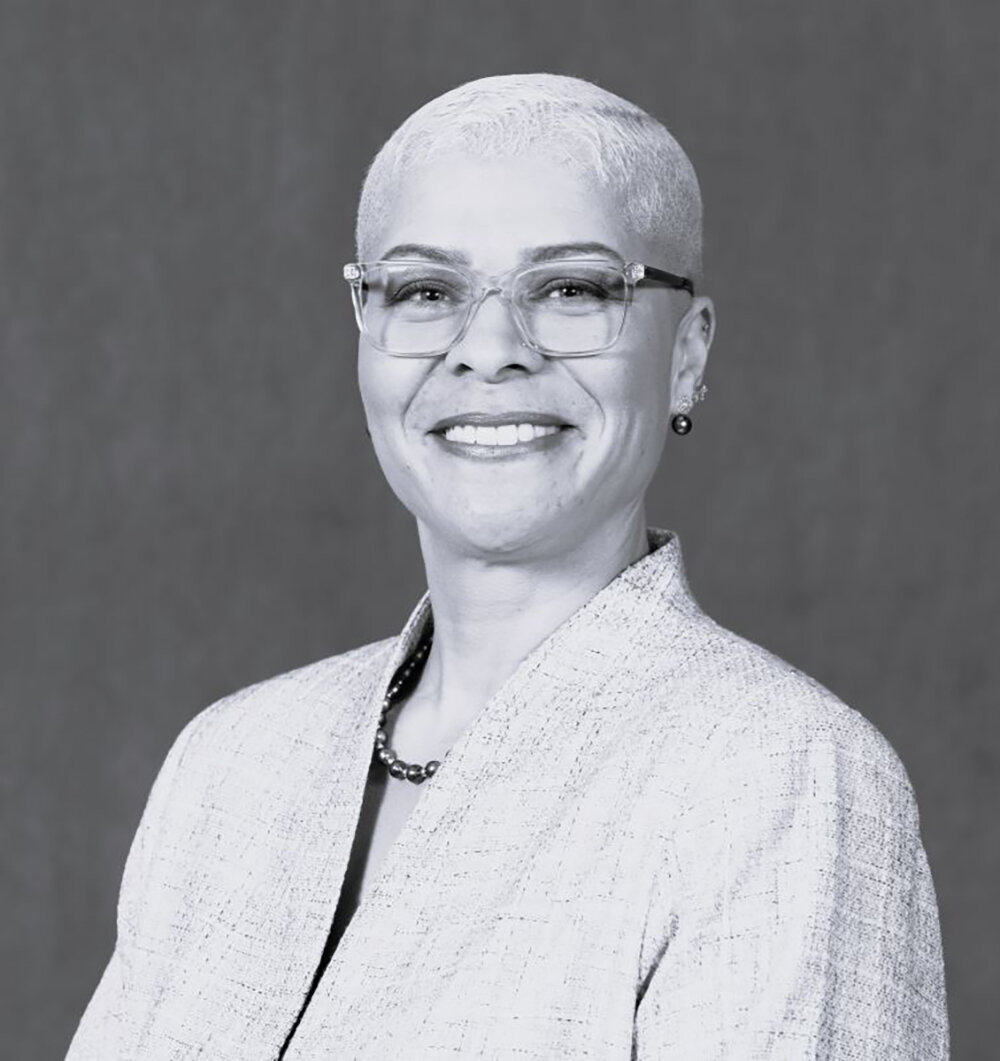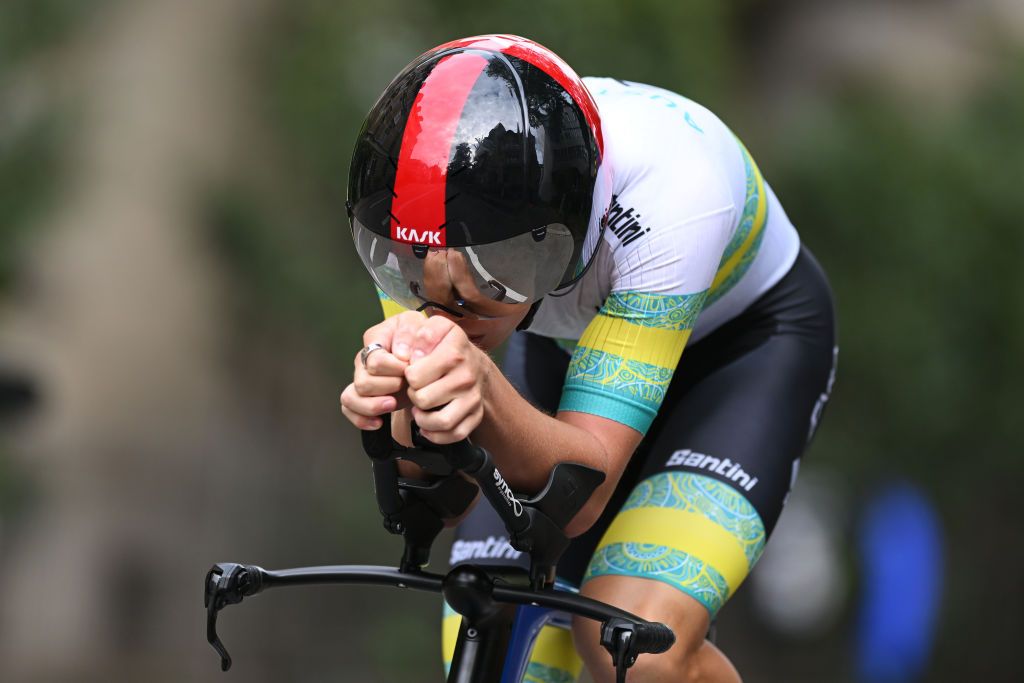Gambling
Detroit native reminisces on height of illegal gambling in the city – City Pulse

By BILL CASTANIER
I had a great-aunt who ran a gambling operation out of a wallpaper store, and as a small child, I was fascinated by all the numbers she and her partner wrote on scraps of wallpaper. That’s why I anxiously awaited the publication of “When Detroit Played the Numbers: Gambling’s History and Cultural Impact on the Motor City,” by Felicia B. George. I was not disappointed.
George, a career law enforcement official and adjunct professor at Wayne State University, is a spot-on researcher who has turned her doctoral dissertation into a remarkable book on the history of the numbers racket in Detroit, a form of illegal gambling that was a huge part of the city’s cultural milieu until the legal lottery doomed its existence.
Without preaching, George makes the case that the implementation of the legal lottery system was a detriment to the city’s self-reliance. During its heyday, the numbers racket employed thousands of workers and poured money back into the city’s infrastructure and charitable institutions.
With facts and figures, the author shows how “money from Detroit numbers funded various businesses, newspapers, insurance agencies, loan offices, housing projects, prize fighters, night clubs” and much more.
She writes, “When the formal economy failed its citizens, the informal economy filled the void.”
For those who know nothing about how the numbers game is played and operated, George provides a primer in several chapters and describes how peoples’ processes for picking numbers evolved over time. Some selections were obvious, like a birthday or an anniversary, but other players turned to fortune tellers and church preachers for their picks.
Eliciting picks from dreams was very popular, as were “dream books” published by entrepreneurs. These books helped players interpret their dreams into numbers. For example, a dream where a dog appeared would become the number 73, according to “Old Aunt Dinah’s Policy Dream Book.”
In the early chapters of her book, George details how state-sponsored lotteries in the 1700s and 1800s were used to fund public works and even the American Revolution. By 1878, lotteries had been banned in all states except Louisiana, which continued its lottery until 1893.
With the lottery banned, Detroit turned to the numbers game, also known as policy gambling. Most of the activity was housed in betting parlors. By 1887, it was estimated that 160 “policy shops” were operating in Detroit.
The book reads like a true-crime thriller when George delves into the life of the legendary numbers kingpin John Roxborough, who ran the largest operations in Detroit from the 1920s through the mid-1940s, when he was arrested and imprisoned. Roxborough was also the co-manager of boxing champion Joe Louis, nicknamed the Brown Bomber. George explains how Roxborough used the profits from his numbers racket to support Louis on his climb to the championship.
The author also considers the sociological impact of Detroit’s numbers racket and how it provided hope for thousands of Black citizens trying to survive the daily grind. She quotes one newspaper as stating, “In the Negro ghetto, it was the only hope you could afford.”
For a nickel bet, one could win $25, with the odds somewhere around 1,000-to-1.
It probably goes without saying, but the rampant illegal gambling in Detroit wouldn’t have been successful without lucrative bribes to local officials to look the other way. In 1940, a former mayor, a former county prosecutor and many police officers and numbers operators were indicted, including Roxborough. Most received short-term prison sentences after a “spectacle for the public,” the author said of the trial.
George ends her book with a chapter titled “The State of Michigan: The Legal Numbers Man,” which details the state’s long process of trying to legalize the lottery. Success came in 1972 when voters overwhelmingly passed an amendment to the state constitution ending the 137-year-old ban.
The state’s first legal lottery pick was held in November 1972 and was a somewhat convoluted process that involved clowns and dancing girls in short skirts. The winning numbers were 130544, with the numbers 130 and 544 paying out $25 each to more than 25,000 players. Unlike the illegal lottery, there were no home deliveries of the payouts.




/cdn.vox-cdn.com/uploads/chorus_asset/file/24435784/tokyostrava.jpg)




